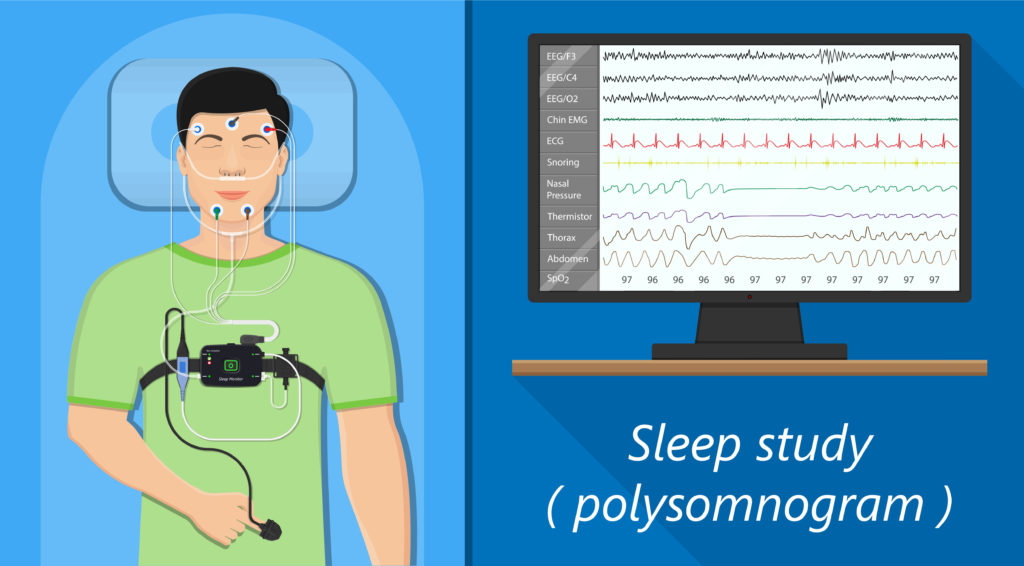Is a More Comfortable Sleep Study Possible?

Have you ever had a sleep study done? Or known someone who has?
Or have you avoided having one because you didn’t want to have to sleep away from home in some clinical setting with electrodes stuck to all parts of you and strangers watching you on closed circuit TV all night? Is it just your imagination running wild thinking they might laugh at your mouth hanging open, or your talking in your sleep?
Did you feel like there’s no way those clinicians with their fancy equipment were going to get an accurate picture of how you actually sleep in your own home, in your own bed?
If you said “Yes!” to any or all of the above, you may be excited to hear that some new technology may soon be making the process of having a sleep study done way less intrusive and way more comfortable.
A company in Australia named Sleeptite is on a path to make that happen. Sleeptite focuses their work on older Australians, specifically those in care facilities. Their products include more home-like adjustable beds, mattresses and bedding to make residents feel less like they are in a clinical setting and more like a home.
Their newest product, called REMi, is what is really exciting, and potentially not just for the elderly or residents of care facilities. The REMi has sensors built into the bedding that quietly monitors information about the patient’s movement, and whether they are in bed, and if not, how long have they been out of bed. It sends this information to the monitoring system used by nurses and caregivers to make sure all is well with each individual and when any individual needs assistance.
How does this translate outside of the nursing facility or hospital setting?
The REMi platform is going to be formally tested to see if it can be used in sleep clinics to diagnose sleep patterns and sleep disorders. Since REMi is undetectable to the sleeper – no electrodes or obtrusive breathing monitors – they should feel more relaxed and be able to have more natural sleep patterns, even in the clinic setting.
“The REMi Sleep Diagnosis Evaluation Trial will
involve 30 participants and will be evaluated
against polysomnography (PSG) results,
which are considered the current industry
gold standard for sleep evaluation.”
If REMi is found to be a reliable alternative to the polysomnograph, it could revolutionize sleep science and make having a sleep study done much more comfortable.
And while Sleeptite doesn’t stretch this point, I will. It’s possible that, in time, we could see similar technology available for home use.
Something to look forward to.
